Written by: Liang Yu, RWA Research Institute
Reviewed by: Zhao Yidan, RWA Research Institute
"It's like I think you shouldn't smoke, but I defend your right to smoke. Now I defend your right to buy Bitcoin, go ahead." Jamie Dimon, CEO of JPMorgan Chase, said in a recent public statement. This remark marks a significant shift in attitude from the Wall Street mogul who once called Bitcoin a "fraud."
Almost simultaneously, JPMorgan is actively preparing a groundbreaking service: allowing clients to use cryptocurrencies like Bitcoin and Ethereum as collateral to obtain loans, potentially launching as early as 2026. This move not only represents a major transformation in traditional banking but also echoes the recent signing of a landmark piece of legislation in the U.S.—the "National Stablecoin Innovation and Regulation Act" (GENIUS Act). With the establishment of a regulatory framework, a digital asset revolution led by Wall Street giants is fully underway.
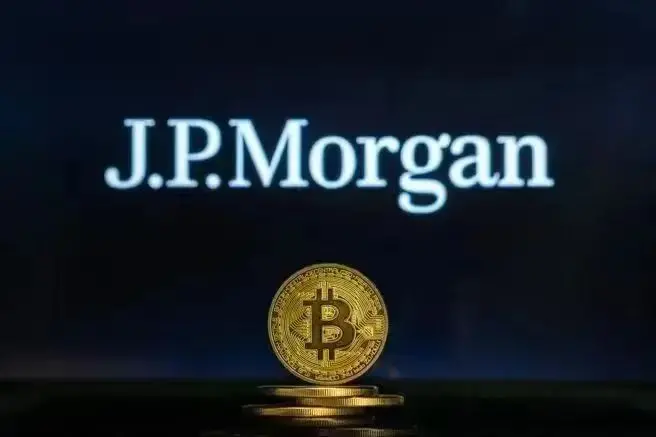
Policy Breakthrough: Legalization of Stablecoins Opens a New Era for Digital Assets
In July 2025, U.S. financial regulation reached a historic moment. President Trump officially signed the "GENIUS Act," establishing the first federal regulatory framework for stablecoins in the United States.
This act, along with the pending "CLARITY Act," marks a "breakthrough" in U.S. digital asset regulation, shifting the market focus from policy battles to the actual construction of infrastructure.
Bank of America Merrill Lynch predicts in its latest research report that within the next 2 to 3 years, stablecoins will have a "clearly visible" disruptive impact on the deposit base and payment systems of traditional banks.
The strategic significance of the act far exceeds its technical aspects. The U.S. Treasury Secretary has explicitly stated that the act will stimulate market demand for U.S. Treasury bonds, alleviating current pressures on U.S. debt. It is estimated that if the stablecoin market expands to $2 trillion, issuers would need to allocate approximately $1.8 trillion in U.S. debt, potentially further lowering U.S. Treasury yields.
"Regulatory breakthroughs have opened the door for innovation in digital assets for the banking industry," commented a Wall Street analyst. "Whoever first masters the first-mover advantage in stablecoins and RWAs will occupy the high ground in the next round of financial competition."
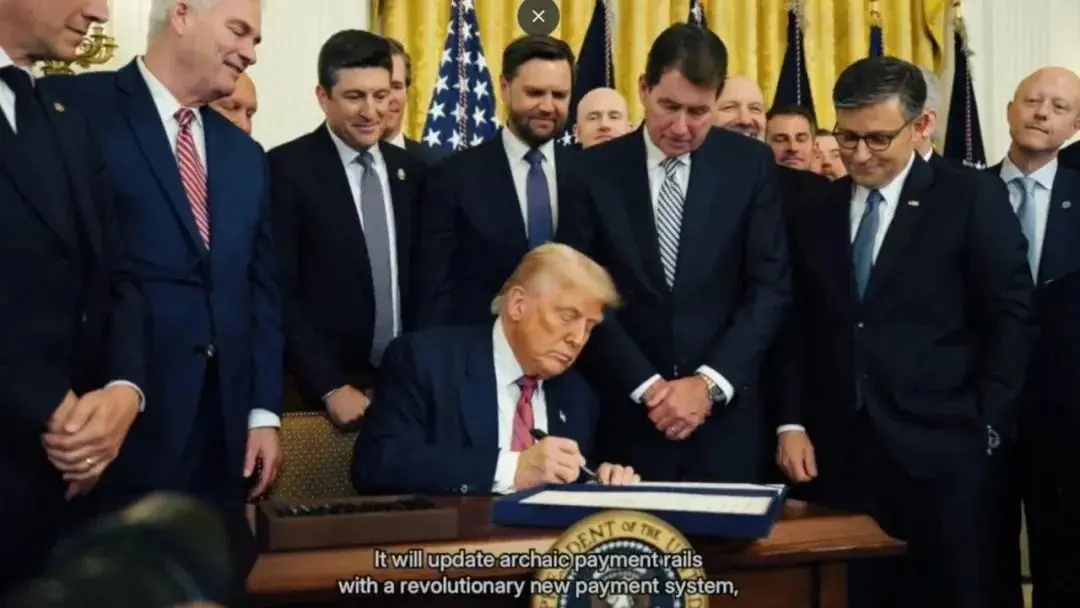
JPMorgan: From Skeptic to Leader in Digital Assets
JPMorgan's transformation journey is highly dramatic. Under Dimon's leadership, this Wall Street giant was once known for its critical stance on cryptocurrencies. Now, it is becoming a model for traditional financial institutions embracing digital assets.
In a recent earnings call, when asked about cryptocurrency payment technology, Dimon stated, "We will participate in both JPMorgan's deposit coin and stablecoin to understand it and excel at it." This pragmatic attitude reflects the strategic adjustment of the entire banking industry in the face of the digital asset wave.
JPMorgan has launched the first tokenized deposit product in U.S. banking, JPMD, aimed at institutional clients, while actively exploring cryptocurrency-backed loan services. According to insiders, the plan will allow clients to use digital assets like Bitcoin and Ethereum as collateral, potentially launching as early as 2026.
Due to the 1250% risk weight requirement for direct cryptocurrency exposure under the Basel III Accord, JPMorgan will likely need to rely on external custodians like Coinbase to handle default collateral. This collaborative model provides a new approach for the integration of traditional finance and the crypto ecosystem.
RWA Track: The Tokenization Race Among Wall Street Giants
As the market focuses on stablecoins and cryptocurrency-backed loans, a quiet race around the tokenization of real-world assets (RWAs) has begun on Wall Street.
Morgan Stanley: Tokenization of Private Wealth Management Products
In June 2025, Morgan Stanley globally launched the RWA token "HL" through its invested digital trading platform Volcano Exchange (VEX). This token anchors the future income rights of its top private banking products, with an issuance scale of $20 million (200 million tokens), achieving the divisibility and tradability of high-threshold private banking services. The "HL" token marks the first time a top Wall Street investment bank has directly put the income rights of its core high-net-worth client services on-chain, signifying a shift of RWA from infrastructure experimentation to core business model innovation, aiming to broaden the wealth management client base. This move not only reflects the digital transformation of high-net-worth wealth management but also indicates the gradual deepening of financial institutions' engagement with asset tokenization, evolving from peripheral applications to core business model innovation.
Firstly, Morgan Stanley's "HL" tokenization experiment directly transforms the future income rights of top private banking products into digital assets, achieving the divisibility and tradability of high-threshold wealth management services, breaking through the traditional private banking service's singular and closed structure. This tokenization model not only enhances asset liquidity but also effectively lowers the entry threshold for clients, potentially broadening the wealth management client base. In this way, Morgan Stanley can maintain exclusivity for high-net-worth clients while leveraging blockchain technology to enhance asset transparency and traceability, thereby increasing client trust.
From an overall industry trend perspective, this case reflects that RWA tokenization is moving from the infrastructure experimentation phase to core business model innovation. Through this tokenization exploration, Morgan Stanley is gradually promoting the comprehensive layout of traditional financial institutions in the digital asset field. More importantly, as market demand for transparency, liquidity, and efficiency grows, RWA tokenization is becoming a key competitive advantage in the future wealth management sector. This innovation not only makes wealth management services more flexible and customizable but also opens new growth spaces for global private banking.
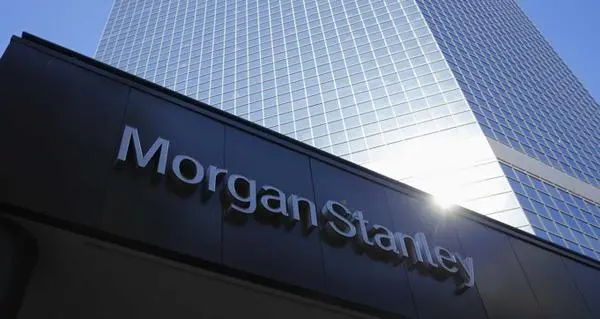
Goldman Sachs: Splitting Digital Asset Platforms and Multi-Asset Expansion
Mathew McDermott, head of Goldman Sachs' digital asset division, stated at the TOKEN2049 conference in Dubai that the bank plans to launch 24/7 trading services for tokenized U.S. Treasury bonds and money market fund shares. As an operator of a crypto derivatives trading desk, Goldman also revealed plans to initiate three tokenization projects in 2025, including a U.S. fund tokenization project and euro-denominated digital bonds.
This strategic layout showcases Goldman Sachs' active expansion in the RWA tokenization field, particularly in its deep exploration of enhancing asset liquidity and trading efficiency. By tokenizing traditional financial assets and providing around-the-clock trading services, Goldman not only breaks through the time limitations of traditional markets but also offers global investors more flexible asset allocation options.
Additionally, Goldman is considering spinning off its digital asset platform (GS DAP) into an independent entity to enhance service efficiency and market liquidity. This move signifies a further deepening of Goldman Sachs' strategy in the digital asset space, aiming to better meet the needs of institutional clients and enhance its market competitiveness. These initiatives not only strengthen Goldman Sachs' leading position in digital asset innovation but also provide strong support for the digital transformation of global capital markets.
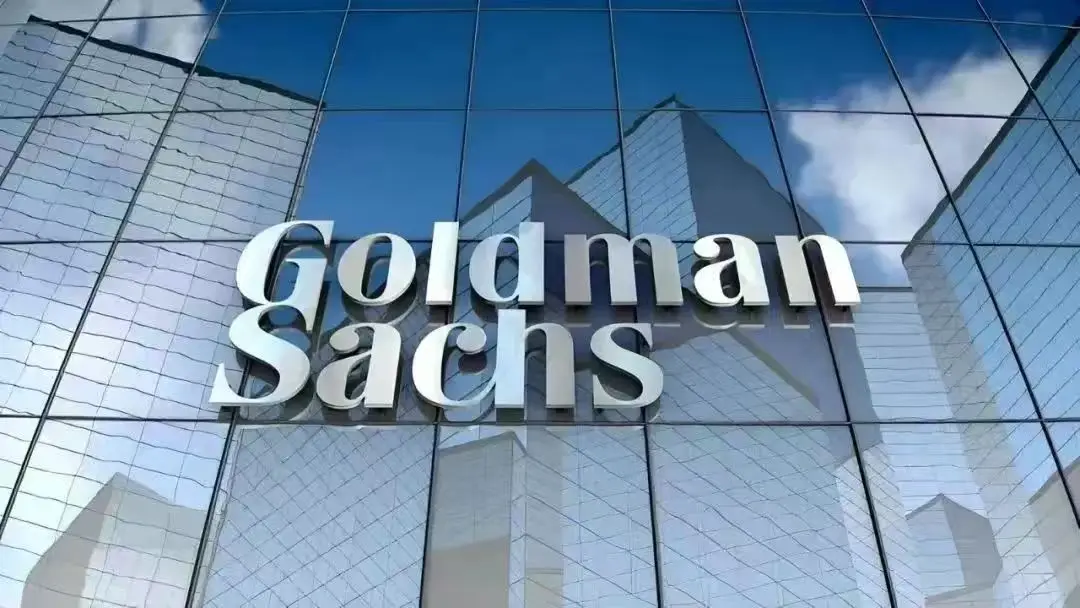
Swiss Financial System: Dual Layout of Central Banks and Banks
Switzerland's innovations in RWA tokenization are of significant importance. The Swiss National Bank (SNB) has extended its pilot for the settlement of tokenized assets and plans to integrate it into the Real-Time Gross Settlement (RTGS) system. This move not only enhances the security of tokenized assets but also improves their interoperability with traditional payment systems, laying the groundwork for the smooth circulation of tokenized assets in the global financial system. By using central bank currency settlement as the "gold standard," the Swiss central bank provides a compliance model for global RWA tokenization and ensures that digital assets can interconnect with traditional assets in a broader financial system.
At the same time, UBS Group is actively participating in the Hong Kong Monetary Authority's "Evergreen Project," issuing tokenized green bonds using a "hybrid model." This innovation not only lowers technical barriers but also promotes the on-chain application of sustainable finance, injecting new vitality into the global green finance market. These series of initiatives in Switzerland reflect how traditional finance can drive asset digital transformation under central bank support and a clear regulatory framework. Through this initiative, Switzerland provides valuable experience for other countries in regulatory compatibility and infrastructure development for global RWA tokenization, aiding the digital transformation of the global financial system.
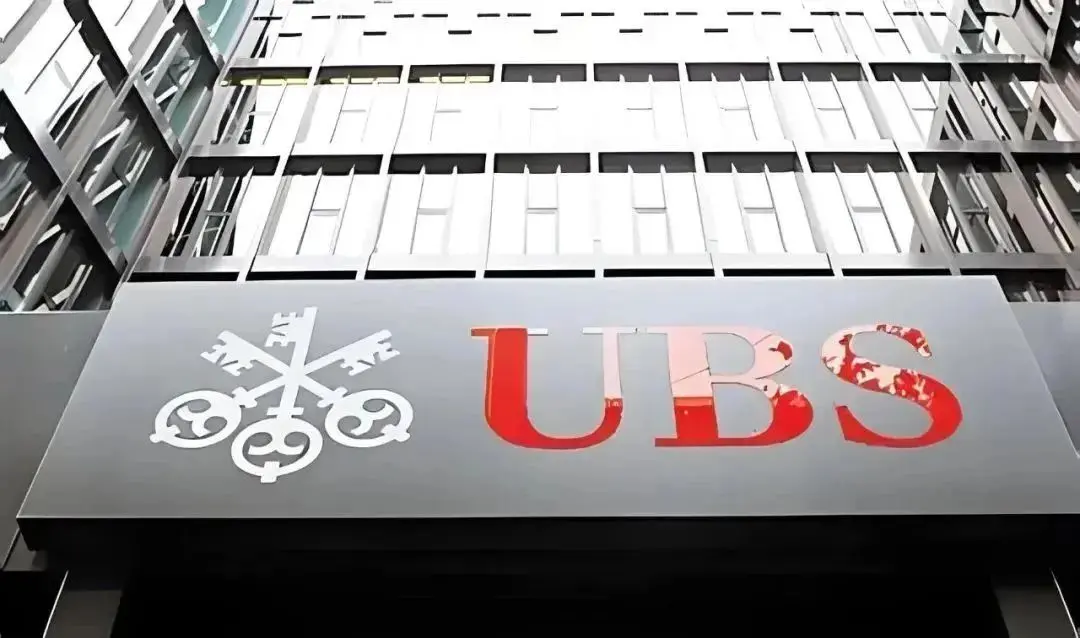
Citigroup: Tokenization Experiment of Private Equity Funds
In July 2025, Citigroup, in collaboration with WisdomTree and Wellington Management, launched an end-to-end tokenization experiment for private equity funds on the Avalanche Spruce subnet designed for financial institutions. The experiment covers token transfers, secondary trading, and mortgage functions, aiming to validate the potential for compliance automation and enhance the liquidity of private assets. This move is a key step for Citigroup to expand into higher-value, more complex asset classes (private equity) following the launch of "Citi Token Services" (deposit tokenization) in 2024, continuing its strategy to build institutional-level RWA infrastructure.
Citigroup's experiment with private equity fund tokenization on the Avalanche Evergreen subnet reveals a new trend in traditional finance's layout of RWAs: seeking a balance between "compliance" and "on-chain efficiency." In the face of long-standing issues of low liquidity and transparency in private assets, Citigroup leverages a permissioned chain architecture to bypass the KYC/AML risks of public chains while retaining blockchain advantages such as automated clearing and asset composability. This "semi-open, strongly isolated" experimental model is becoming a mainstream choice for traditional financial institutions. More importantly, Citigroup has moved "asset tokenization" from peripheral custody to core business reconstruction, marking a new stage in the competition of RWA tokenization from "can it be done" to "who can do it deeply and quickly."

Deutsche Bank: Stablecoins and Tokenized Deposits
In June 2025, Deutsche Bank announced that it is actively evaluating the issuance of a euro stablecoin and the development of a tokenized deposit system, aiming to optimize payment efficiency and significantly reduce cross-border settlement costs. Strategically, it may issue independently or seek alliance cooperation. Under the compliance framework provided by the EU's "Markets in Crypto-Assets Regulation" (MiCA), Deutsche Bank's move is not only about improving efficiency but also a strategic initiative to compete for the discourse power of digital financial infrastructure in the eurozone within the global stablecoin landscape, especially dominated by the U.S. dollar.
This initiative is not merely a technical innovation aimed at enhancing payment efficiency and reducing cross-border settlement costs; it is also a profound strategic layout intended to compete for dominance in the digital financial infrastructure of the eurozone.
In the globally dollar-dominated stablecoin market, the issuance of euro stablecoins reflects Deutsche Bank's desire for a voice in the digital finance of the eurozone. By issuing euro stablecoins, Deutsche Bank can not only enhance its competitiveness in cross-border payments and settlements but also occupy a leading position in the digital transformation of the European financial market. The successful implementation of this strategy can effectively promote the circulation of the euro in the digital financial ecosystem, strengthening the eurozone's influence in the global financial system.
Deutsche Bank's strategy is based on the compliance assurance of the MiCA regulatory framework, promoting the deep integration of financial asset tokenization and digital asset infrastructure. Through the development of a tokenized deposit system, Deutsche Bank not only brings digital solutions to traditional deposits but also paves the way for large-scale asset tokenization. This transformation can enhance asset liquidity, reduce cross-border settlement costs, and strengthen cross-border cooperation among financial institutions. Deutsche Bank's layout indicates that traditional financial institutions are driving the upgrade of the global payment system through digital asset technology, while also signaling that RWA tokenization will become one of the core competitive advantages in the future digital asset field.
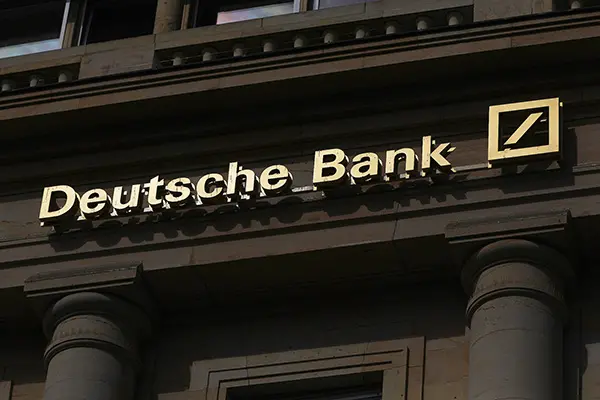
Challenges and Prospects: The Crossroads of Digital Asset Integration
Despite the enthusiasm, traditional banks still face multiple challenges on the road to embracing digital assets. Interoperability, cost barriers, and customer demand are currently the most prominent issues.
Based on the need for interoperability and a large existing customer base, the banking industry seems more inclined to launch stablecoin solutions through alliances. A Bank of America Merrill Lynch report indicates that while banks are actively positioning themselves, current customer interest in stablecoins remains "tepid." However, almost all banks have stated that they are closely monitoring developments and are prepared to act quickly once customer demand accelerates.
Cross-border payments are seen as the most promising breakthrough. Gunjan Kedia, CEO of U.S. Bank, pointed out that while stablecoins may intensify competition in cash management services, they have little impact on card and merchant acquiring businesses.
Looking ahead, with the implementation of the "GENIUS Act" and the advancement of the "CLARITY Act," the integration of digital assets and traditional finance will enter the fast lane. As JPMorgan takes its first step into cryptocurrency-backed loans, Citigroup delves into private equity tokenization, and Deutsche Bank explores fund tokenization, the integration of traditional finance and digital assets has become irreversible.
The future form of finance is quietly being constructed on blockchain. As Wall Street's most conservative banking giants embrace digital assets, and as Dimon, who once called Bitcoin a "fraud," begins to defend people's right to purchase Bitcoin, a deep transformation of the financial system has quietly begun.
The outcome of this transformation will determine who can hold the financial discourse power in the digital economy era.
免责声明:本文章仅代表作者个人观点,不代表本平台的立场和观点。本文章仅供信息分享,不构成对任何人的任何投资建议。用户与作者之间的任何争议,与本平台无关。如网页中刊载的文章或图片涉及侵权,请提供相关的权利证明和身份证明发送邮件到support@aicoin.com,本平台相关工作人员将会进行核查。




